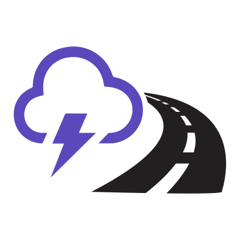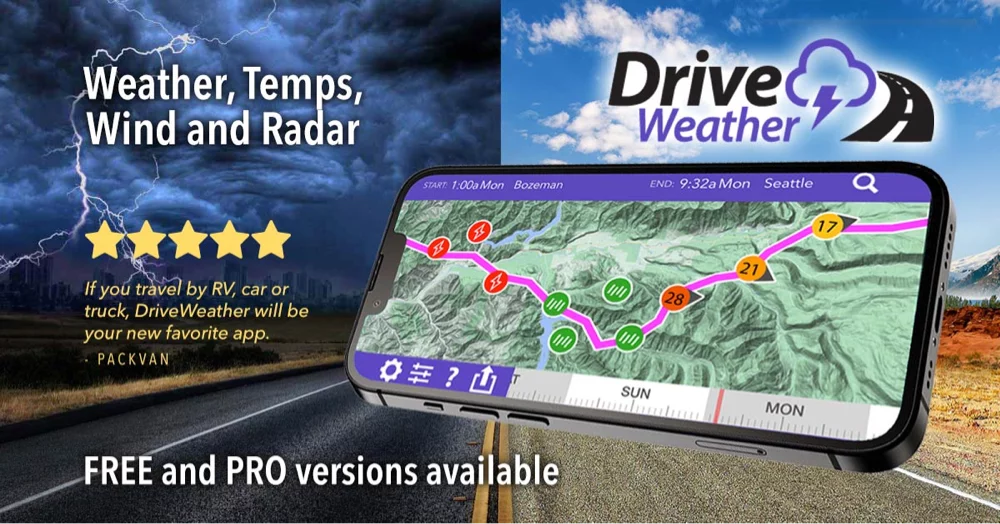I-80 (Interstate 80) Road Conditions
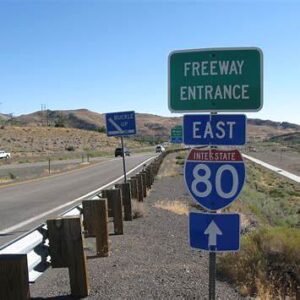
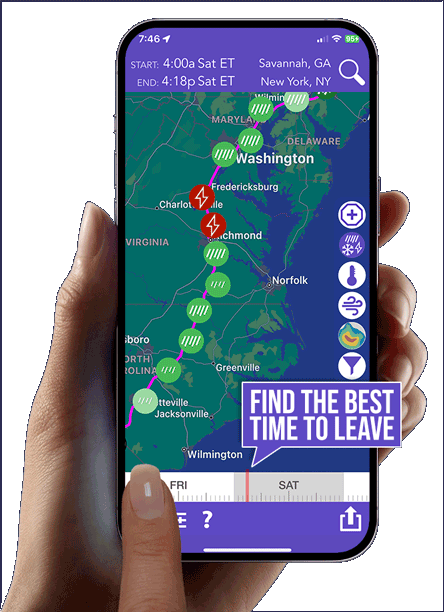
I-80 State Weather Links
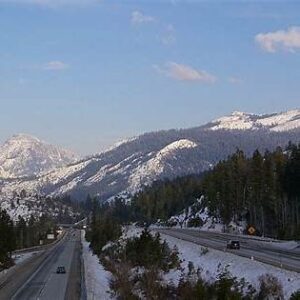
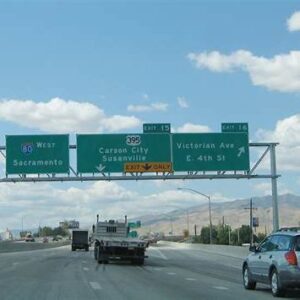
I-80 Road Conditions for March 3, 2026
Overall I-80 summary:
- Wyoming: I-80 eastbound right lane blocked due to road damage between Elk Mountain and Arlington (near milepost 246). Use caution in the area.
I-80 California Road Conditions
Links: Caltrans QuickMap | Caltrans Planned Lane Closures (Statewide)
I-80 Nevada Road Conditions
Links: Nevada 511 | Nevada 511 Traffic Events (List)
I-80 Utah Road Conditions
Links: UDOT Traffic | UDOT Roadwork (List)
I-80 Wyoming Road Conditions
Links: WYDOT 511 | WYDOT I-80 Route Results
- Lane restriction: I-80 eastbound right lane blocked due to road damage between Elk Mountain and Arlington (milepost 246).
I-80 Nebraska Road Conditions
Links: Nebraska 511
I-80 Iowa Road Conditions
Links: Iowa 511
I-80 Illinois Road Conditions
Links: IDOT Road Closures | GettingAroundIllinois (IDOT Traveler Info)
I-80 Indiana Road Conditions
Links: Indiana 511 (TrafficWise)
I-80 Ohio Road Conditions
Links: OHGO (Ohio)
I-80 Pennsylvania Road Conditions
Links: 511PA | 511PA Possible Travel Delays (List)
I-80 New Jersey Road Conditions
Links: 511NJ
I-80 Road Conditions Overview
In the western mountain states on I-80 (CA, NV, UT, WY), winter brings heavy snowfall, chain/traction requirements, high-wind restrictions, and occasional multi-day closures—especially over Sierra Nevada passes, the Bonneville Salt Flats, Parley’s Canyon, and the Continental Divide. On I-80 in the Great Plains (NE, IA), blizzards and drifting snow can trigger short-term closures or “travel not advised” alerts, but the flat terrain lets plows clear the road quickly.
In the Midwest (IL, IN, OH), lake-effect snow and ice storms may cause brief whiteouts or crash-related stoppages, yet dense populations ensure fast reopenings. In the Northeast (PA, NJ), forested highlands and sudden snow squalls can lead to pileups and occasional shutdowns, while heavy commuter traffic around Philadelphia and New York keeps speeds down year-round.
Regional Hazards Along I-80
Nearly 2,900 miles coast-to-coast through 11 states
Mountain West:
Heavy winter snow (e.g. Donner Summit averages 30 ft/year)
Temporary closures or chain requirements
High Plains (WY, NE):
Blizzard conditions, fierce crosswinds
Ground blizzards and whiteouts
Great Lakes Corridor (IN, OH, PA):
Sudden lake-effect snow squalls
Visibility can drop to near zero
Midwest Summers:
Severe thunderstorms with heavy rain, hail, occasional tornadoes
These regional hazards highlight how wildly conditions can change along I-80. From deep snowpack in the Sierra Nevada to blizzard-driven whiteouts on the high plains, each segment demands awareness of its local perils. Summer storms in the Midwest add another layer of unpredictability, making I-80 a corridor of many faces.
I-80 Mountain Passes and Rock-Slide Areas
Crosses several high passes: Donner Summit (CA), Parley’s Summit (UT), Wyoming plateaus, Pennsylvania highlands
Winter challenges: steep climbs, icy surfaces, chain controls
Year-round risks: fog, high-wind gusts
Rock/mudslides: hillside cuts can block lanes after rain or freeze-thaw
Mountain segments of I-80 pack in elevation changes and geological hazards. Steep grades and narrow canyons make these stretches prone to snow buildup and sudden rockfalls. Even in summer, fog or gusty winds can catch drivers off-guard, underscoring the need for vigilance on these high-altitude sections.
